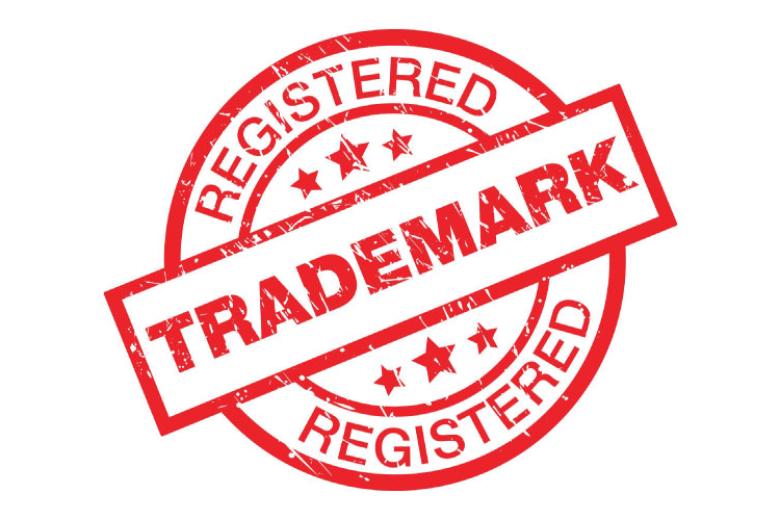Blockchain: the tech answer to our copyright prayers?
The world of copyright is never at a standstill and the latest trend to create some buzz in the field is called: blockchain.
Blockchain is best explained as being: “a distributed database that maintains a continuously growing list of data records chained together against revisions and tampering.”
With it first breaking ground in the financial world as the driving technology behind the bitcoin, it is now crossing over into the world of law and more specifically: copyright law.
The blockchain technology has been proposed as a possible solution to copyright infringement and settling remuneration issues with online music streaming platforms. Its advocates are even branding it a possible replacement for Collective Management Groups.
However, not everyone is charmed by the fast growing hype as skeptics warn that Blockchain is certainly not flawless.
So could blockchain really be the technical answer to our copyright prayers?
Where it concerns copyright infringement, blockchain hopefuls such as Blockai, Pixy and Mediachain view the use of blockchain as a promising solution as it provides for creation and use of a database that can meticulously keep track of original works and their owners. Blockai for instance:“uses the blockchain for writers and artists to timestamp their work, keep a “vigilant eye” out for anyone violating their copyright, create a permanent record of their work and issue their clients a time-stamped copyright certificate. Every user has a profile on the site which allows them to file and organize all their certificates. Once uploaded, the service can track online usage of a client’s work and alert them if there is any unauthorized usage.”
In the same way this technology could also be used to finally put an end to the friction between online music streaming platforms and performers concerning the fair compensation of the latter. According to the Rethink Music Initiative, a database could be created with the use of blockchain to not only document the rights and its owners but also the correct remuneration of parties involved such as performers. As of now, artists and performers often get the short end of the stick or rather bottom dollar.
As far as replacing Collective Management Groups goes, blockchain has potential, especially when it comes to taking out the so-called ‘middle man’ in the process of remunerating artists and performers. However, the Collective Management Groups have become a solid party to copyright law making it unlikely to get rid of them on short notice.
Although blockchain seems very promising, experts warn that this type of technology alone cannot weather the storms in copyright. Eventually the law has to come into play especially where it concerns the removal of copyright infringing content.
It is safe to say that our copyright prayers have not been answered yet. However, technological development is sparking some hope of eventually leading us into the Promised Land.
This blog was written by Priscilla van la Parra on March 17th 2017.
Published on Law Blogs Maastricht
-
Protection of reputable marks beyond confusion: does “due cause” help to strike a balance between trade mark proprietors and content creators?
Content creators, exercising their freedom of expression, may use trade marks in their content in a way that might damage the interests of trade mark proprietors (e.g. use of Nike shoes in a porn movie). How does EU trade mark law address these different interests?

-
Computer-Implemented Inventions: has the term “invention” in the EPC lost its meaning?
The European Patent Convention defines subject-matter that is not eligible for patent protection, such as methods for doing business. However, when implemented by a computer, non-eligible subject matter becomes eligible for patent protection. Is this desirable?

-
The ambigous nature of the amended European trademark functionality doctrine
EU trade mark law excludes certain signs from becoming registered trade marks. In particular, shapes cannot be registered if they are necessary for achieving a technical result. In 2015, the amended Regulation broadened this exclusion to ‘another characteristics'. But what is now covered exactly?
